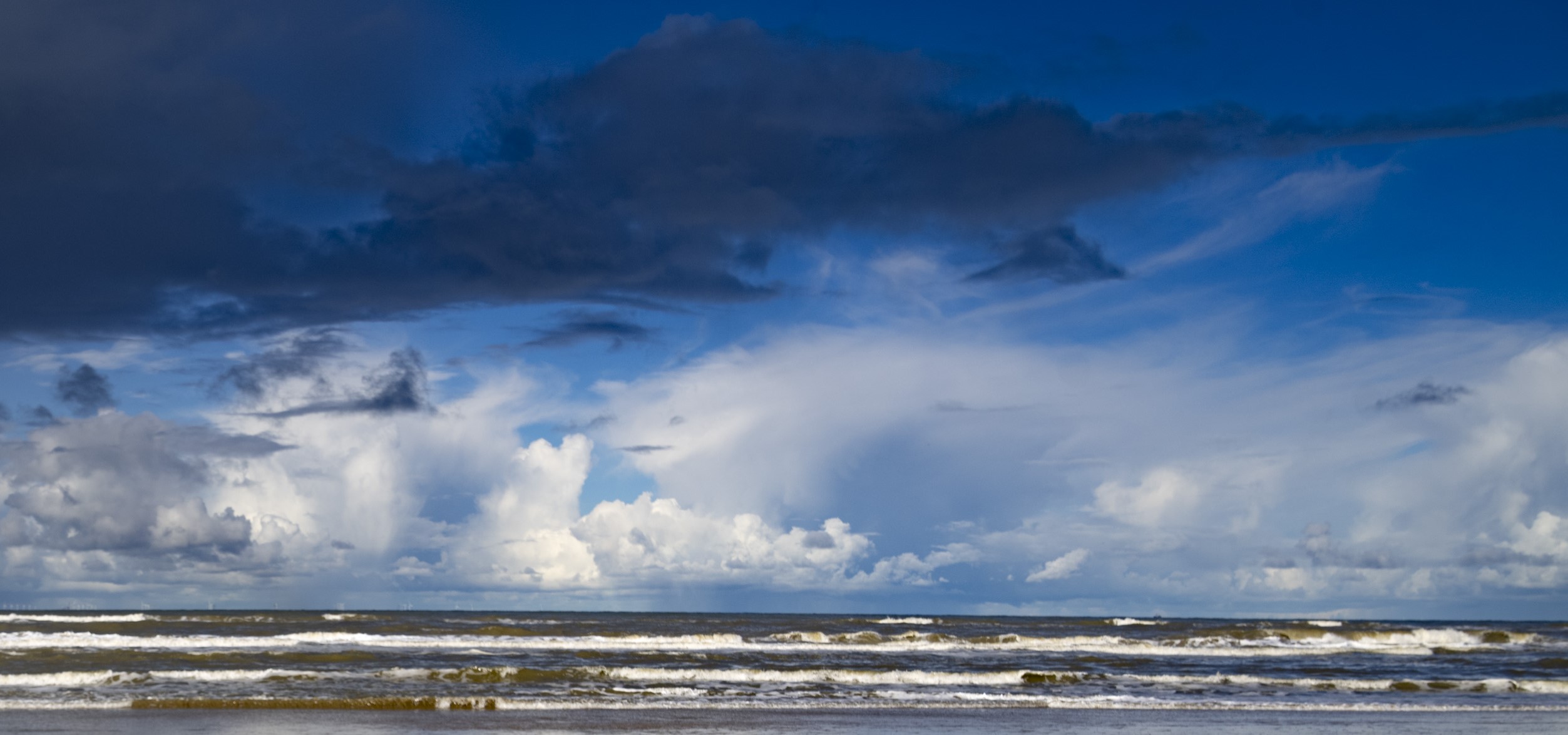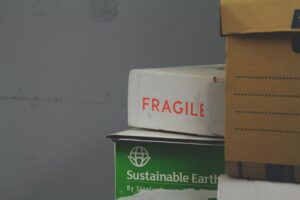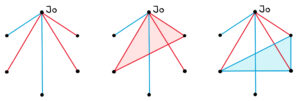Beste Ionica,
Mijn dochter denkt dat ze veel vaker gevraagd wordt voor allerlei kleine taakjes in huis dan haar twee jaar oudere broer. Hoe kan ik eenvoudig de taakjes eerlijk verdelen, zonder scheidsrechter te zijn en zonder planbord?
Groeten, Lonice van de Pasch-Dik
Beste Lonice,
Ruim twintig jaar geleden had mijn studentenhuis het beste schoonmaaksysteem ooit. We waren begonnen met samen bedenken welke taken er waren, hoe vaak die gedaan moesten worden en hoeveel moeite die kostten. Dit alles vertaalden we in een puntensysteem. De vaatwasser moest elke dag worden geleegd en dat was een klusje van niets: één punt. De wc schoonmaken moest elke week en dat was wat meer werk (en bovendien goor): drie punten.

Alle behaalde punten werden bijgehouden in het digitale systeem Klens, dat twee huisgenoten speciaal hiervoor programmeerden (en waarvoor ze zichzelf gelijk flink wat punten hadden toegekend). Het systeem hield bij wanneer taken gedaan moesten worden en liet de tussenstand van ieders punten zien. Als een taak aan de beurt was, dan was degene die onderaan stond de klos om in actie te komen.
Het elegante van dit systeem was dat je taken waaraan je een hekel had kon vermijden. We hadden één huisgenoot die nooit schoonmaakte, maar consistent alle kleine taakjes deed, zoals de vaatwasser legen, vuilnis buitenzetten of glas en oud papier wegbrengen. Zelf maakte ik elke week de wc schoon, want ik vond het fijn als die een beetje fris bleef en bovendien voorkwam ik daarmee dat ik moest stofzuigen.
Weer een andere huisgenoot deed bijna nooit iets, maar af en toe schrobde hij urenlang de keuken tot die blonk van plafond tot vloer en zette hij ten slotte netjes de kruiden op alfabet. Dat leverde hem genoeg punten op om daarna weken op de bank te hangen.

Het is jammer dat dit prachtige systeem niet een op een te vertalen is naar uw gezin. Het eerste probleem is dat u waarschijnlijk iets strengere normen heeft dan een studentenhuis. Een klusje als ‘badkamer schoonmaken’ kon heel wat weken ongedaan blijven, voordat we boos op de deur van onze meest luie huisgenoot gingen bonzen of tot iemand anders het dan toch maar deed. Het tweede probleem is dat dit systeem alleen goed werkt als iedereen in huis meedoet aan de punten – en ik vermoed dat het voor uw kinderen niet echt gunstig zou zijn als u al uw klusjes ook erbij zou zetten.
Maar misschien kunt u wel het basiswerk doen met uw kinderen: dat u een keer met elkaar gaat zitten en bespreekt welke klusjes broer en zus samen moeten verdelen. En dat ze dan per klusje mogen aangeven hoeveel tijd ze denken dat het kost en hoe vervelend ze het zouden vinden om te doen. Dan kunt u daaruit berekenen wat de eerlijkste verdeling is van klusjes, zowel qua tijd als qua moeite. Al vrees ik dat er daarna toch iets van een scheidsrechter nodig zal zijn om te zorgen dat die klusjes ook werkelijk gedaan worden.
Deze column verscheen op 29 september 2023 in de Volkskrant.
Nieuwe adviesvragen zijn van harte welkom. Liefst persoonlijke vragen die op het eerste gezicht he-le-maal niets met wiskunde te maken hebben. U kunt ze insturen via ionica@volkskrant.nl.
Lees hier ook de andere columns van de reeks.






